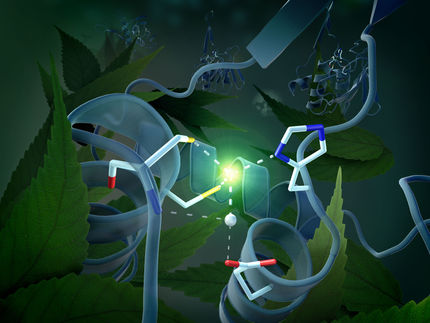Innovative biotechnology is central to a successful Common Agricultural Policy
Advertisement
EuropaBio welcomes the European Commission’s support for science and innovation in agriculture and for the bio-based economy set out in the new CAP proposal. However, the Common Agricultural Policy (CAP) should be more specific in incentivising agricultural practices, sectors and technologies to ensure the CAP reform will effectively contribute to the objectives of President Barroso’s EU 2020 strategy for smart, sustainable and inclusive growth.
The challenges of feeding a growing population, finite resources, mitigating climate change and encouraging innovation require a common effort from decision makers and industry. Together, they must find solutions which are sustainable in the long-term and shape a smart agricultural system. Agricultural and industrial biotechnology, innovation and the bio-based economy all have a role to play to increase resource efficiency in the agricultural sector. Moreover, they can benefit Europe’s farmers and rural economies, and bring new business and job opportunities, which are essential if Europe is to become more competitive and more self-sufficient. EU farmers and bio-based companies are already committed to playing an active and positive role in protecting the environment and tackling climate change, and they should be given access to the best tools, technologies and support measures to enable them to do so.
The transition towards a bio-based economy, driven by the production of renewable biomass, represents the shift towards more resource efficient innovation-driven products and processes. If Europe is serious about developing a robust bio-based economy, it will require sustainable access to feedstock in sufficient quantities of guaranteed quality and at competitive prices. Essentially, this should be done without disrupting the food supply. It is estimated that 500 million hectares of land are available worldwide for sustainable biomass production without competing with food production or requiring deforestation or the use of artificial irrigation.
Commenting on the CAP proposal, Nathalie Moll, Secretary General of EuropaBio stated: “We welcome the commitments made by Commissioner Cioloş today, acknowledging the important role of innovation in achieving a successful CAP policy in Europe. It is essential that the reformed CAP delivers on the EU 2020 commitments by making agriculture more innovative and competitive. The bio-based economy offers Europe the potential to accelerate its transition to a more sustainable growth model while also developing a globally competitive sector capable of generating more jobs. Farmers must also be given the choice to use the tools they need in food production. Access to biotechnology not only helps farmers become more productive, it helps them compete globally”




















































